Country Life's guide to what makes a British pub great
More than 70 years after George Orwell penned the famous essay on his favourite pub, The Moon Under Water, its key attributes still hold true, finds Flora Watkins. Photographs by Mark Williamson.
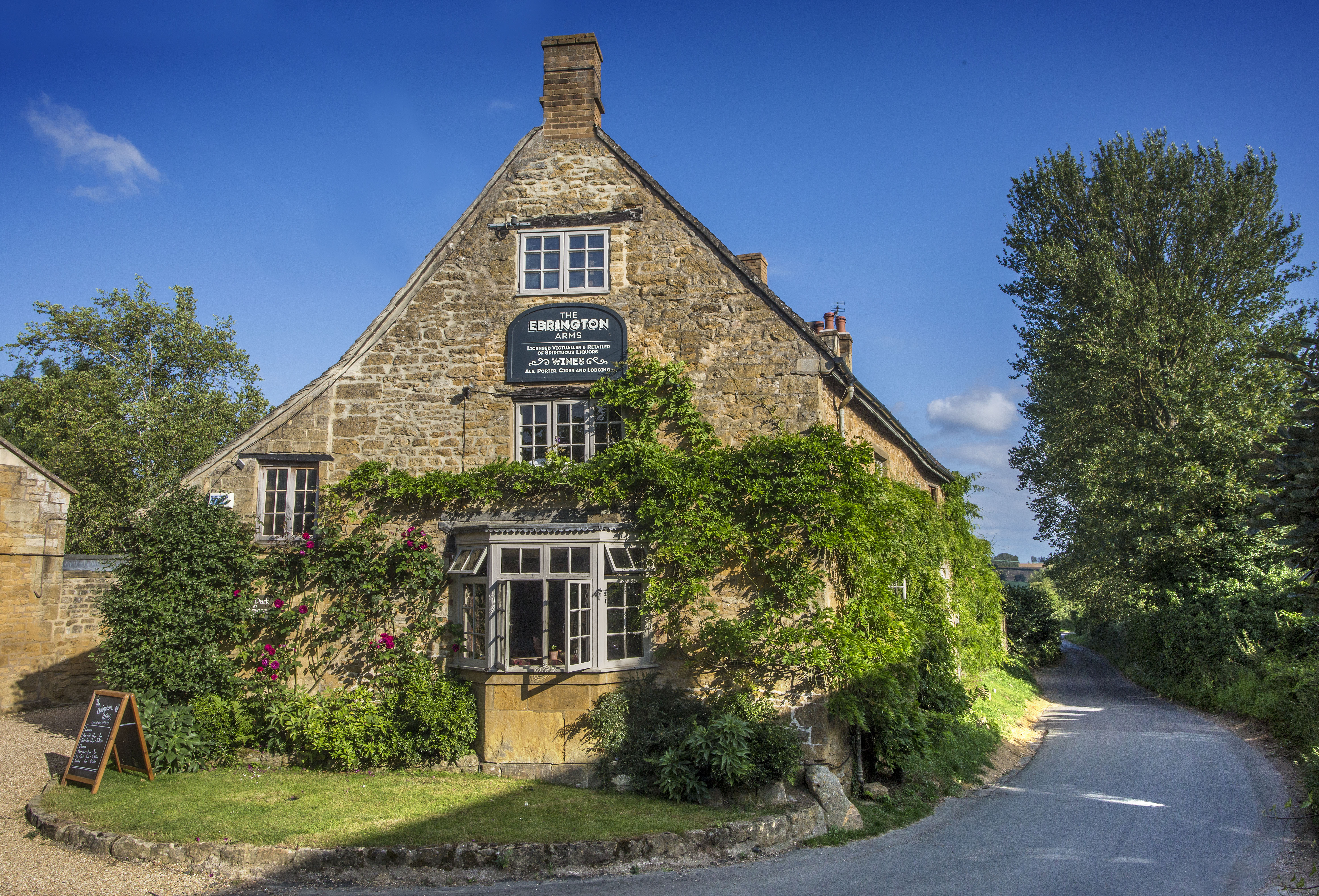

Long before the Queen Vic and the Rovers Return, the most famous fictional pub in the English language was The Moon Under Water. In a 1946 essay for the Evening Standard, George Orwell described ‘My favourite public house’, listing its many charm – before admitting that it didn’t exist.
For Orwell, the pull of The Moon Under Water was its atmosphere. Inside, he explained, ‘it is always quiet enough to talk’. There are ‘no sham roof-beams’ or ‘plastic panels masquerading as oak’. The barmaids know most of their customers by name.
There are open fires, draught stout, an excellent snack counter and a ‘good solid lunch’ is available. Outside, a large garden with ‘swings and a chute’ entertains the younger customers.
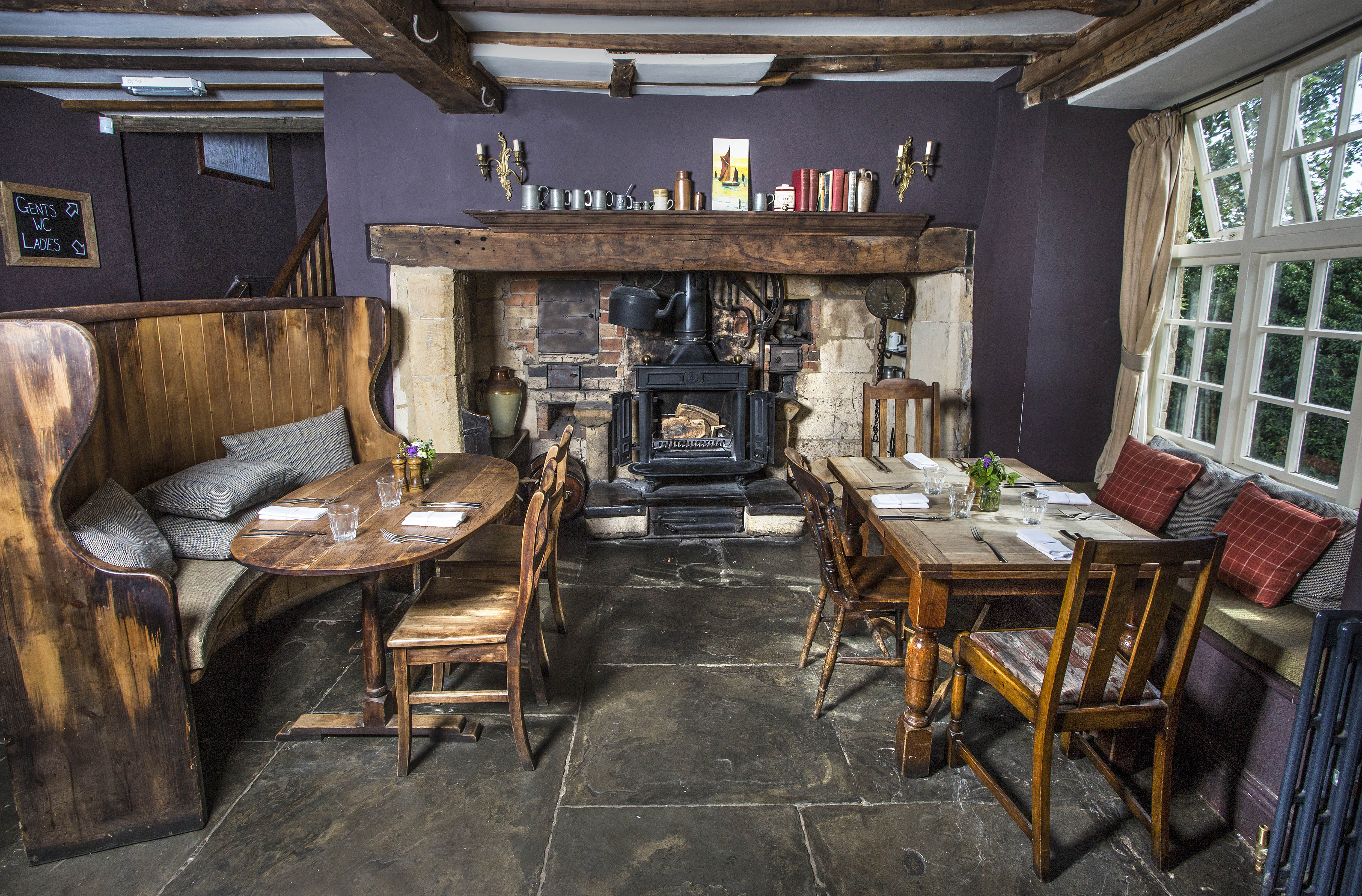

Today, some aspects of The Moon Under Water are curiously, quaintly dated. Few would prefer their beer served in a china mug or recognise the caraway-seed biscuits and liver-sausage sandwiches on the bar menu, yet its ethos still resonates deeply. (One can only imagine what Orwell would have made of Wetherspoons naming several of its soulless drinking hangars ‘The Moon Under Water’ – surely an example of Newspeak?)
For Fiona Stapley, editor of The Good Pub Guide, Orwell’s emphasis on the atmosphere of a pub is an abiding principle. ‘We go on our hard-and-fast rule about walking into a pub and feeling welcome,’ she divulges.
A vast range of establishments appears in the guide, from Michelin-starred fine-dining pubs to simple country inns with filled rolls and dogs by the fire. However, ‘if there’s no welcome, there’s no atmosphere – the main thing is the person behind the bar,’ she stresses.
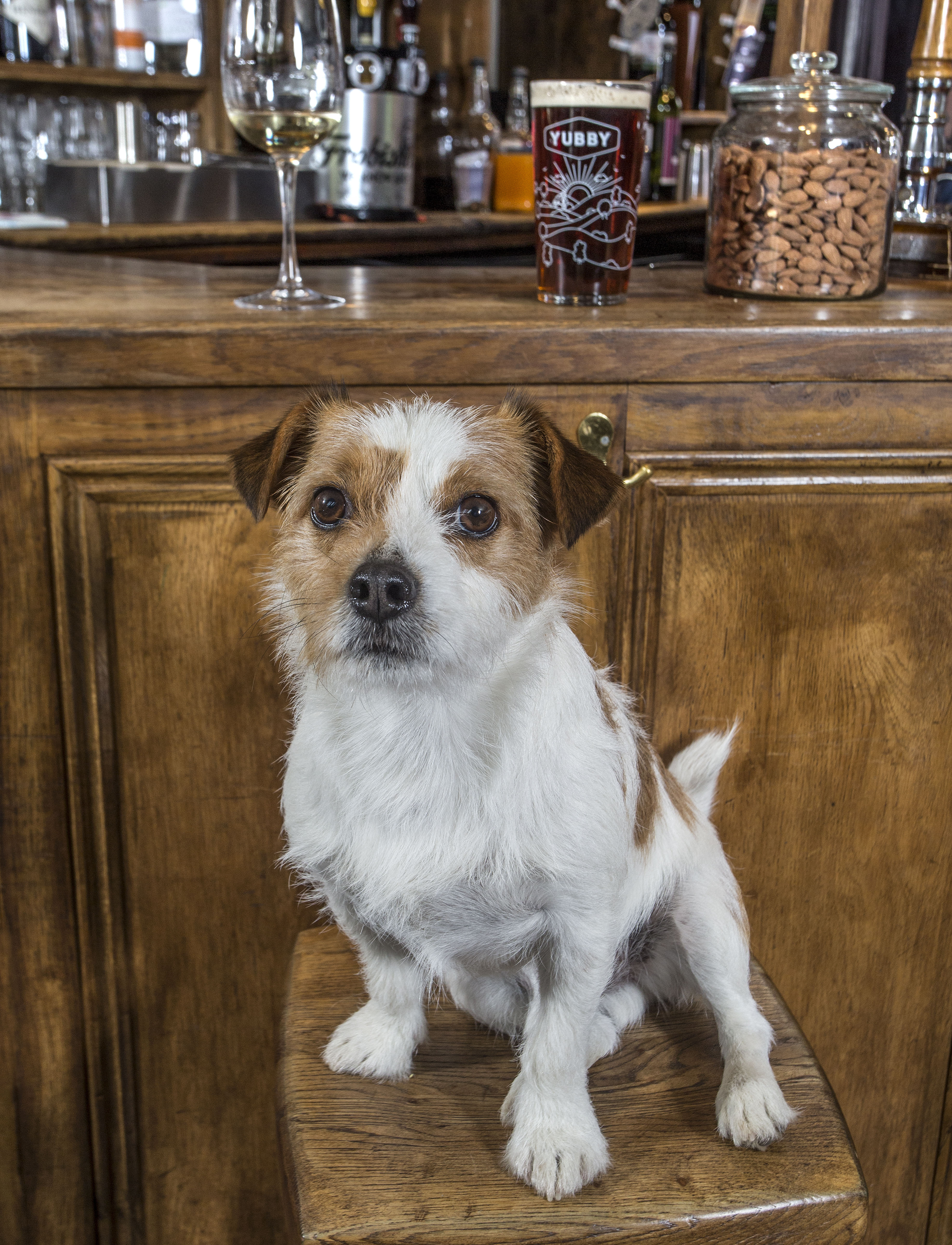
The sorts of pubs the guide recommends ‘don’t have televisions’ (unless it’s for a big sporting event, such as the Six Nations). Dogs are welcome, as are children, ‘but they’re the sort of children who’ll sit nicely with a colouring book,’ Mrs Stapley continues.
Sign up for the Country Life Newsletter
Exquisite houses, the beauty of Nature, and how to get the most from your life, straight to your inbox.
There is food ‘of every description’, from fine dining to ‘Mrs Smith making her famous stew up on the moor’, but all made with good, organic produce of local provenance, where possible, and united by a ‘lack of pretention – you don’t want bass fillets with a blackcurrant coulis when you’ve been out for a walk,’ she says, firmly.
For super-chef Tom Kerridge, the owner of pretty The Hand and Flowers in Marlow, Buckinghamshire, the only British pub with two Michelin stars, pubs are about ‘warmth and friendliness; people who say “hello” when you walk through the door. I thought, why can’t I do great food in that environment?’
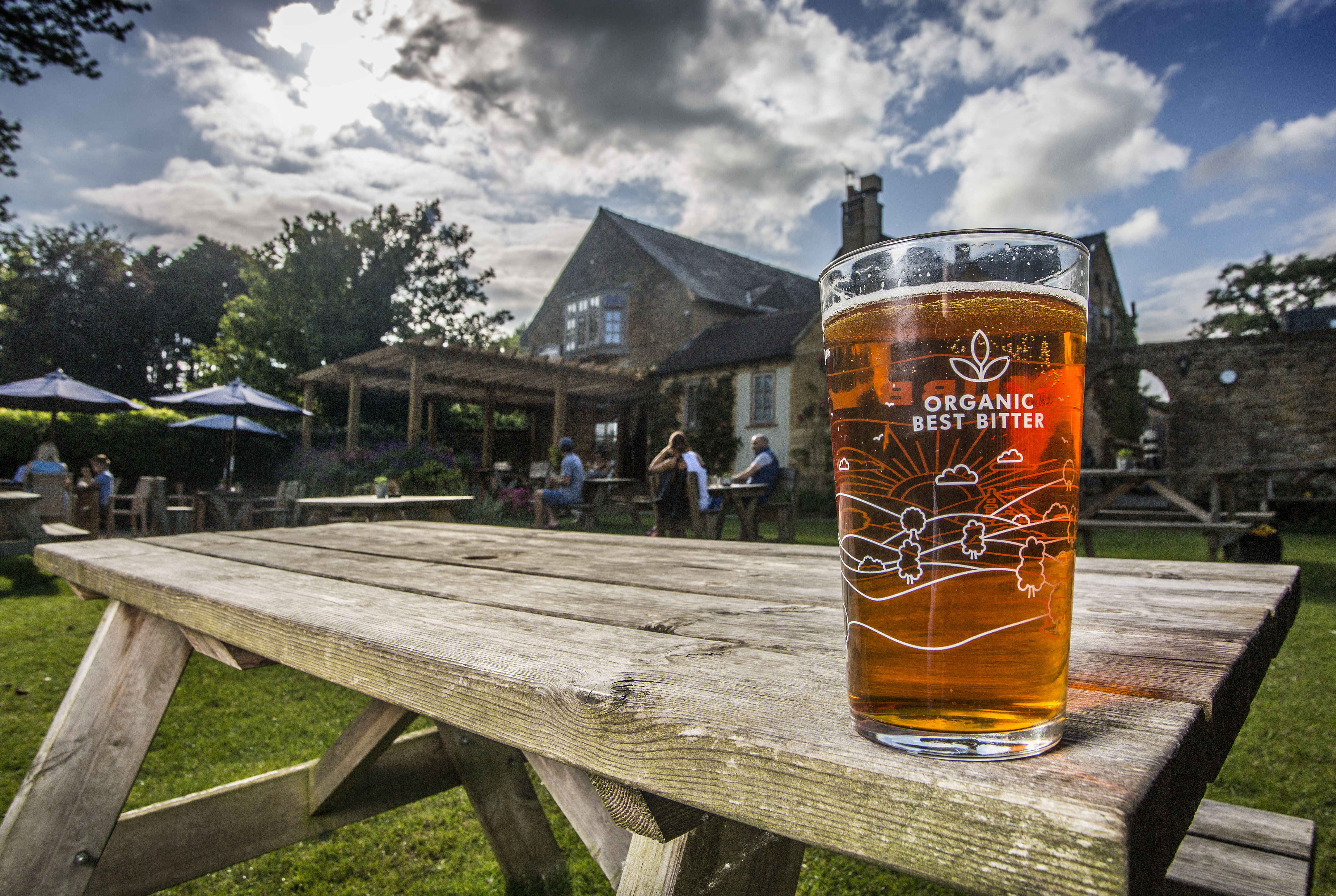
Mr Kerridge feels strongly that good food shouldn’t have to go with wearing a shirt and tie and neither should it be about ‘bamboozling people’. To that end, the pub staples of steak and chips and fish and chips have been on the menu at The Hand and Flowers since it opened in 2005.
He now has a further two pubs in Marlow: The Coach and his latest venture, The Butcher’s Tap. Formerly a traditional boozer, the bar now doubles as a butcher’s counter during the day. It’s difficult for ‘wet-led pubs’ to survive, explains Mr Kerridge: ‘People’s drinking habits have changed massively and business rates are high, so we have to look at how pubs can diversify and still be places in the community.’
Diversification has also seen the growth of the ‘inn with rooms’. Today, any savvy pub will have opened its bedrooms and converted any outbuildings. At Archie and Nicola Orr-Ewing’s The King’s Head Inn in Bledington, Gloucestershire (Pub of the Year 2018), the charming rooms, decorated by Mrs Orr-Ewing, are in high demand. Its sister pub, The Swan in Swinbrook, Oxfordshire, owned by the Chatsworth estate, also features prominently in The Good Pub Guide.
'At one end of the pub, we had The Princess Royal and her entourage having dinner and at the other end of the bar were all the bookies'
‘With me, it’s always had to be a pub first, where everyone’s welcome, whatever walk of life you’re from,’ says Mr Orr-Ewing, trying to pinpoint the secret of their success. ‘The food and rooms are key money earners, but the vibe has to be from it being a pub.’
At the other end of the scale from fine-dining pubs with rooms are the traditional, unspoilt country inns, so treasured that The Good Pub Guide has a special category for them. A favourite with many is Laurie Lee’s former local, The Woolpack in Slad, Gloucestershire. With its saloon bar and outside stairs to get to the loos, it’s still recognisable from the pages of Cider with Rosie, the men ‘drinking hot-pokered cider, cutting cards for crib and watching their wet boots steam’.
Modern-day Moon Under Waters might have a name as prosaic as The Red Lion or as unusual as The Cat and Custard Pot at Shipton Moyne in Gloucestershire. The thing they’ll all have in common is being at the heart of their communities, perhaps selling groceries or sponsoring local sports teams, as does The Rose and Crown at Snettisham, Norfolk.
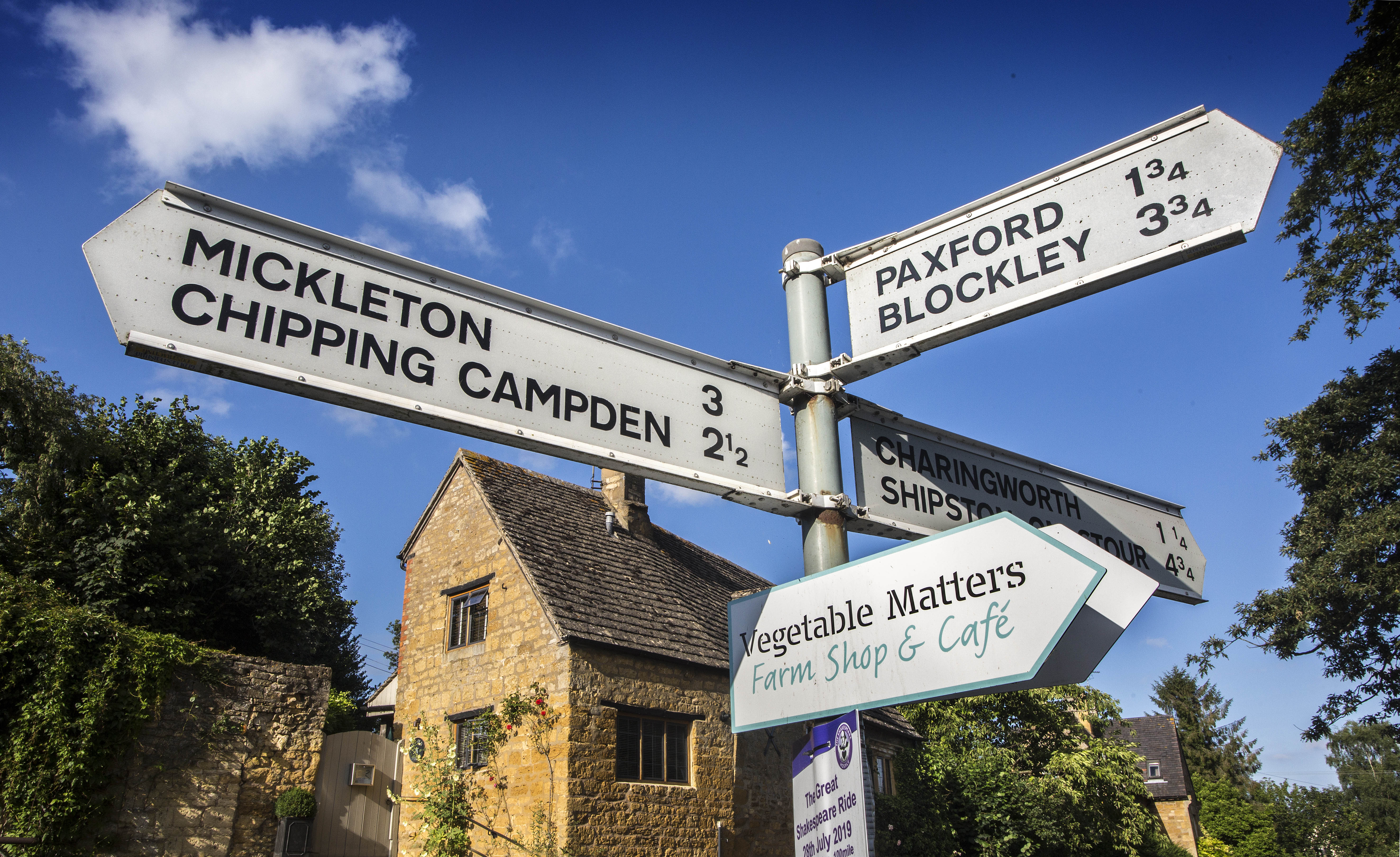
That sense of community is exemplified by Annie Clift, who runs The Talbot in Knight-wick, Worcestershire, with her 93-year-old mother, Jean (known to all as ‘Mrs C’, she still makes the marmalade and game pies and does the accounts). The Talbot was voted Countryside Alliance and Country Life’s Sporting Pub of the Year in 2015.
‘It’s all a bit symbiotic,’ Miss Clift explains. ‘Farmers and gamekeepers have to control some species, so we serve pigeon, rabbit and muntjac. We have a bakery, a farmer’s market and sell to local shops and a brewery.’
Crucially, although Miss Clift is renowned for her food, she kept the ‘tap room’, or back bar, when she came to The Talbot 36 years ago. ‘Lots of places have done away with them, which is a shame, because the locals do like to have their own, almost club-like space.’
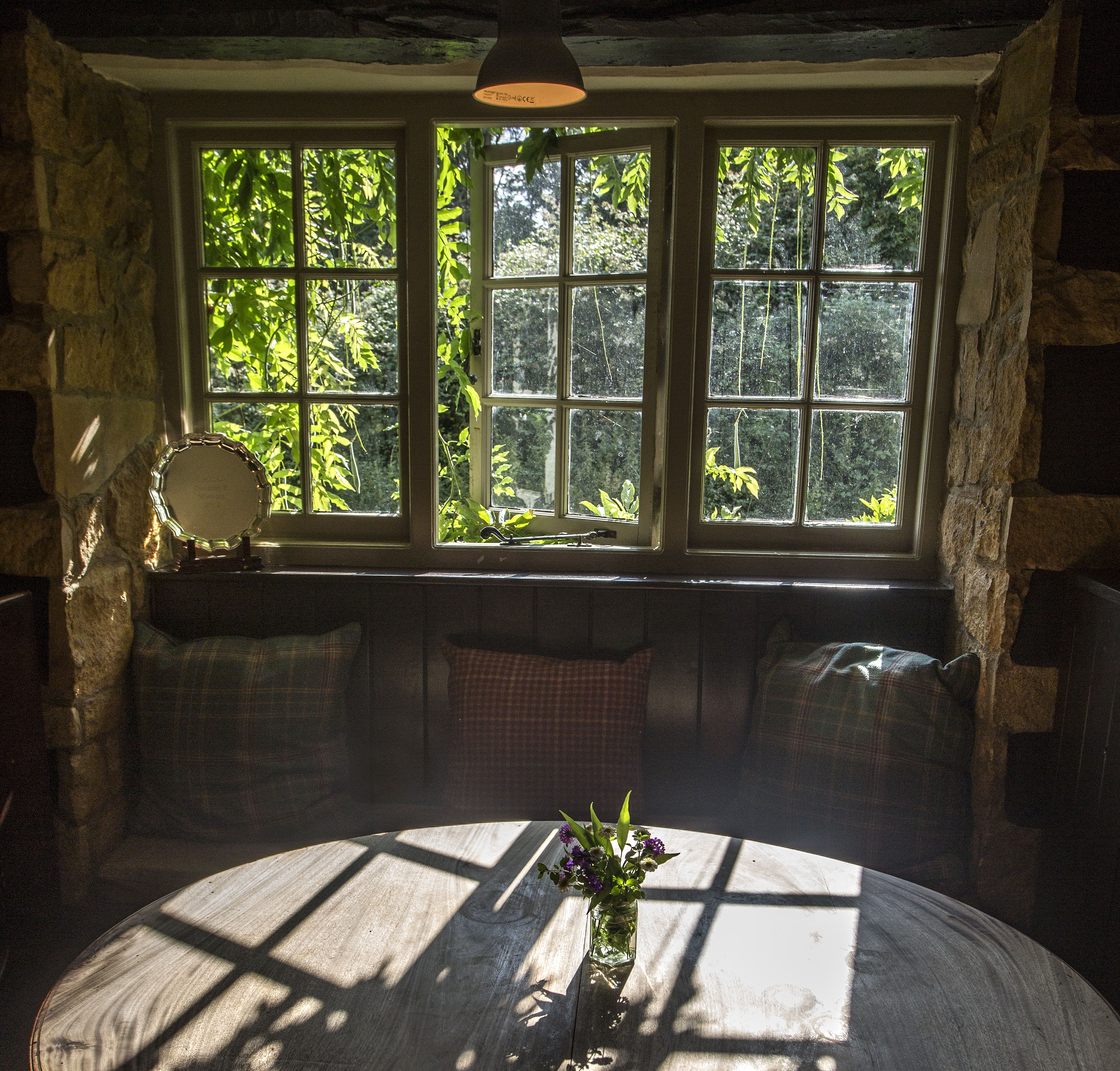
Any modern Moon Under Water needs a sprinkling of local characters, such as the gentleman in Bledington who was born in the village and has come into The King’s Head for a pint of cider every night, without fail, for the past 20 years. Sadly, ‘he’s the last of a dying breed,’ says Mr Orr-Ewing, as he sums up what a pub is about.
‘I remember one Cheltenham week, about 10 years ago,’ he recalls. ‘At one end of the pub, we had The Princess Royal and her entourage having dinner and at the other end of the bar were all the bookies. To me, it just summed up the great spread.’
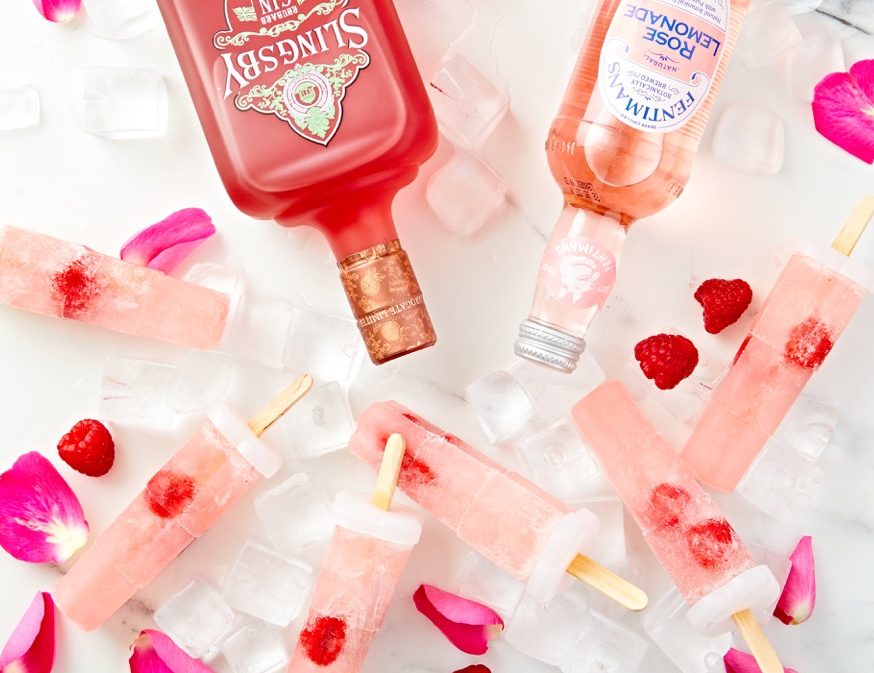
Credit: Slingsby Gin
Eight deliciously refreshing summer drinks to get you through the last few days of summer
Rose flavours, healthy sodas and enough gin cocktails to sink a ship, here are the latest concoctions to keep you

Credit: Alamy
The Oxford of Inspector Morse: Dreaming spires, dead bodies... and lots and lots of pubs
The Oxford of Inspector Morse: Dreaming spires, dead bodies... and lots and lots of pubs.
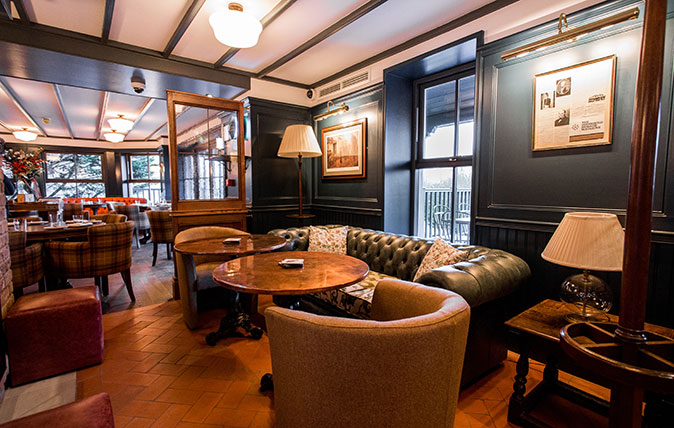
The Oxford Blue restaurant review: A pub that's aiming for perfection
The Oxford Blue in Windsor is aiming to nail the Michelin-starred pub formula.
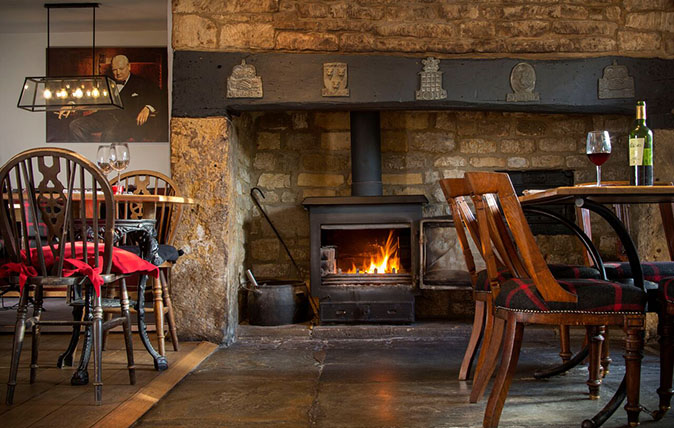
Credit: The Churchill Arms, Paxford
The Churchill Arms, Paxford review: A Cotswolds village pub with fine dining pedigree
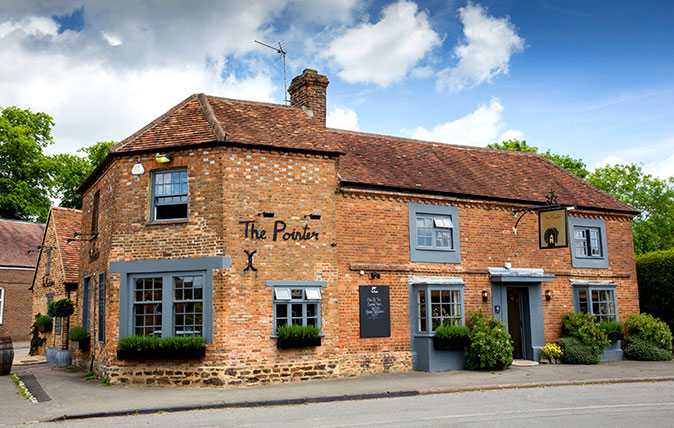
Credit: The Pointer, Brill
The Pointer, Brill: A hotel, pub and restaurant oozing character and class
The Pointer has won all sorts of awards in the last few months, but does it justify all the acclaim?
-
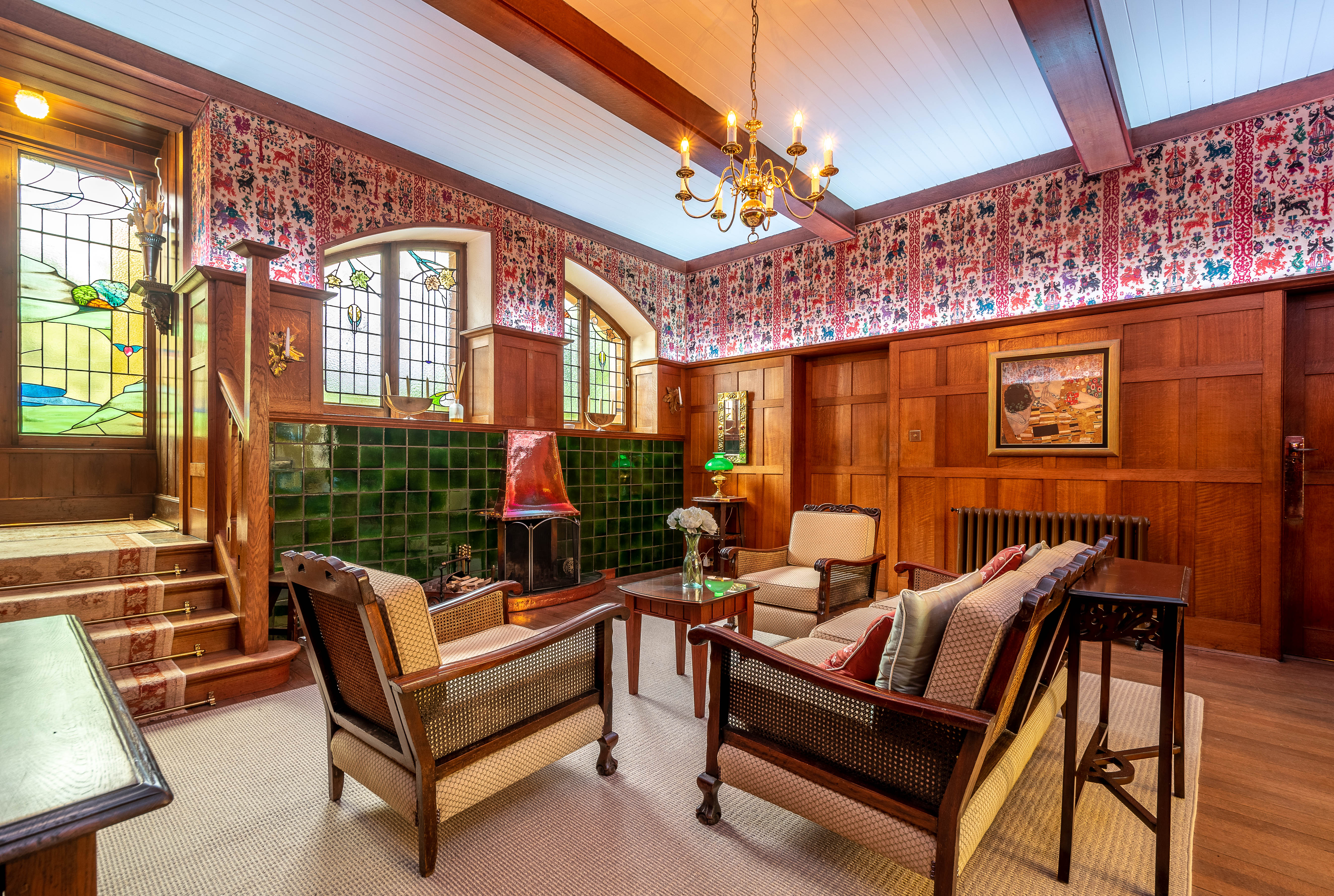 Seven of the UK’s best Arts and Crafts buildings — and you can stay in all of them
Seven of the UK’s best Arts and Crafts buildings — and you can stay in all of themThe Arts and Crafts movement was an international design trend with roots in the UK — and lots of buildings built and decorated in the style have since been turned into hotels.
By Ben West
-
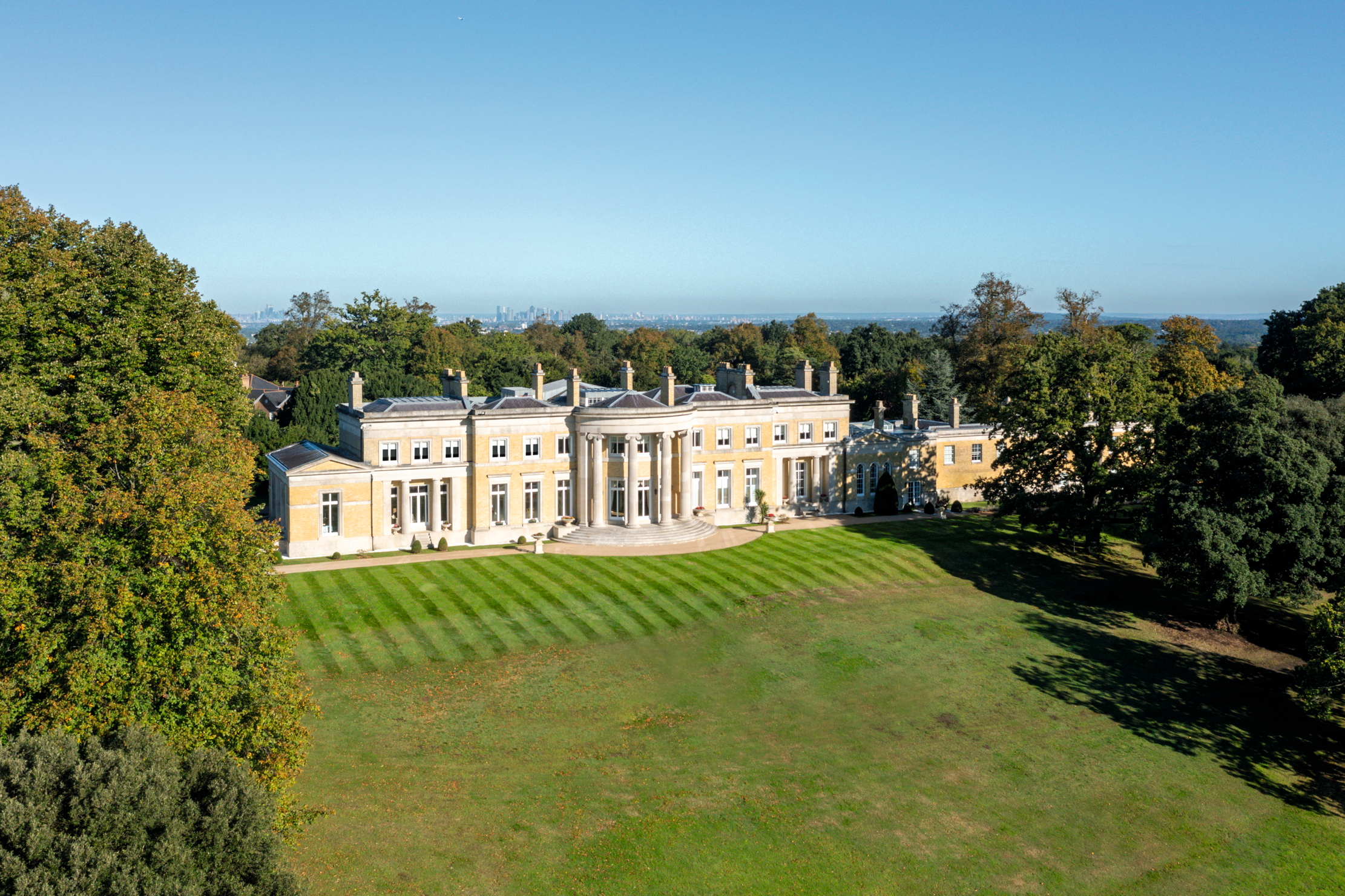 A Grecian masterpiece that might be one of the nation's finest homes comes up for sale in Kent
A Grecian masterpiece that might be one of the nation's finest homes comes up for sale in KentGrade I-listed Holwood House sits in 40 acres of private parkland just 15 miles from central London. It is spectacular.
By Penny Churchill
-
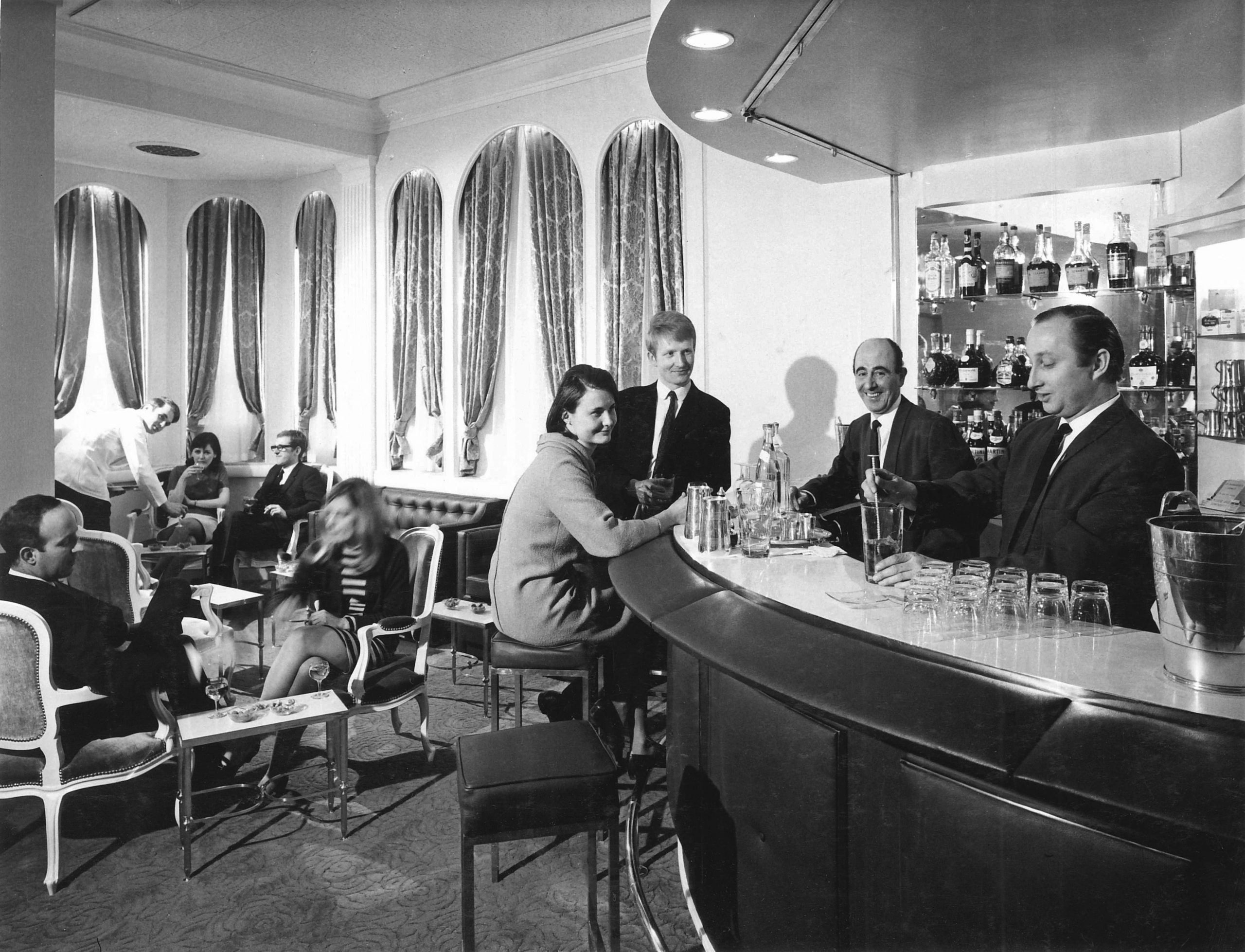 The iconic American bars in London perfect for lifting a Thanksgiving cocktail
The iconic American bars in London perfect for lifting a Thanksgiving cocktailGlamorous American bars were once a familiar sight in London, catering to US and British citizens alike, but only two of the historic ones remain. On the eve of Thanksgiving, Robert Crossan goes in search of both.
By Rob Crossan
-
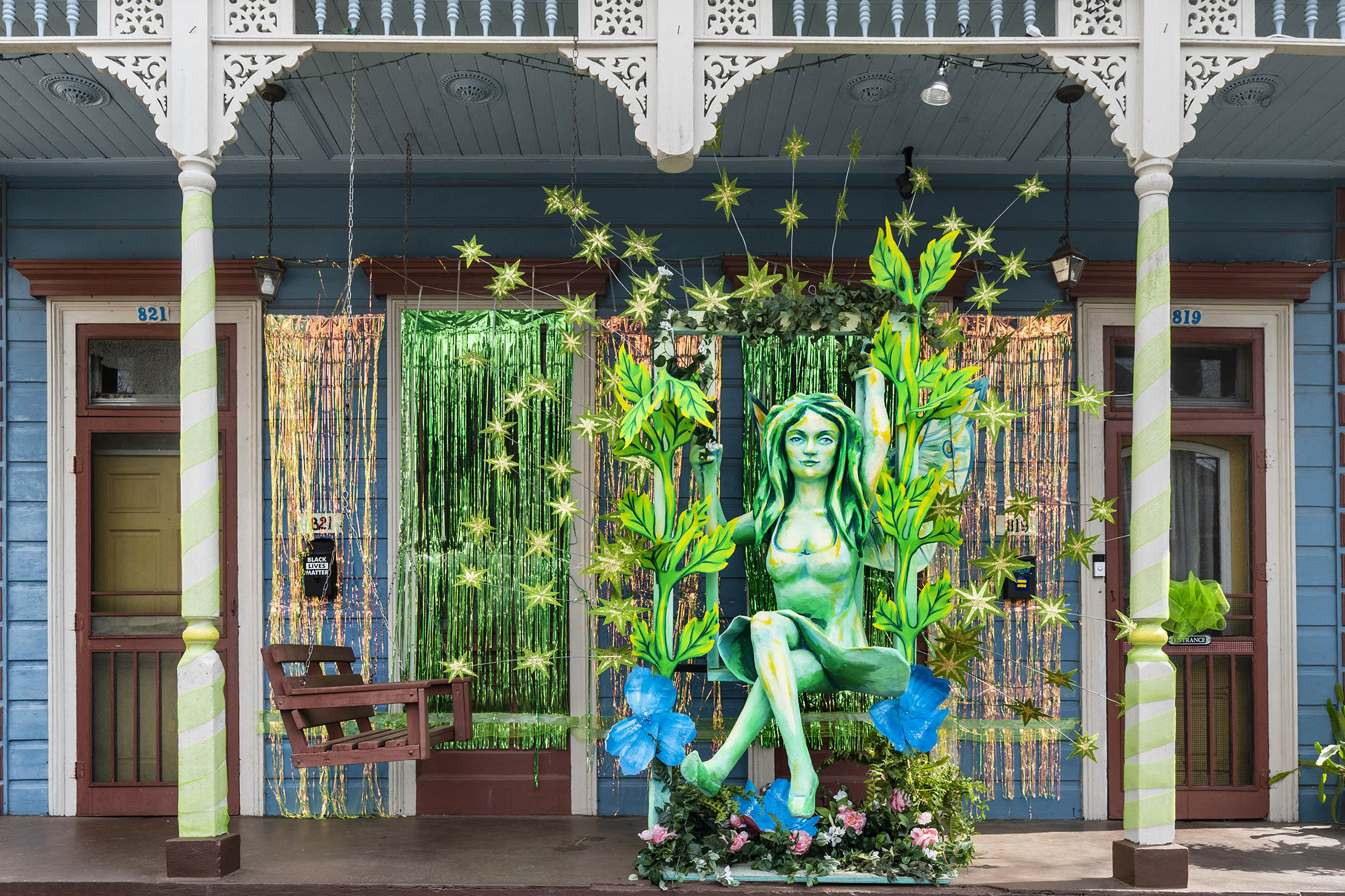 Curious Questions: Why was absinthe banned?
Curious Questions: Why was absinthe banned?Absinthe is almost unique among alcoholic spirits for having been outlawed in even some of the world's most liberal countries — but how did that happen? Martin Fone traces back the story to find the tales of debauchery, hallucination and even murder that once gave the drink its bad name — and looks at how it's returned to prominence.
By Martin Fone
-
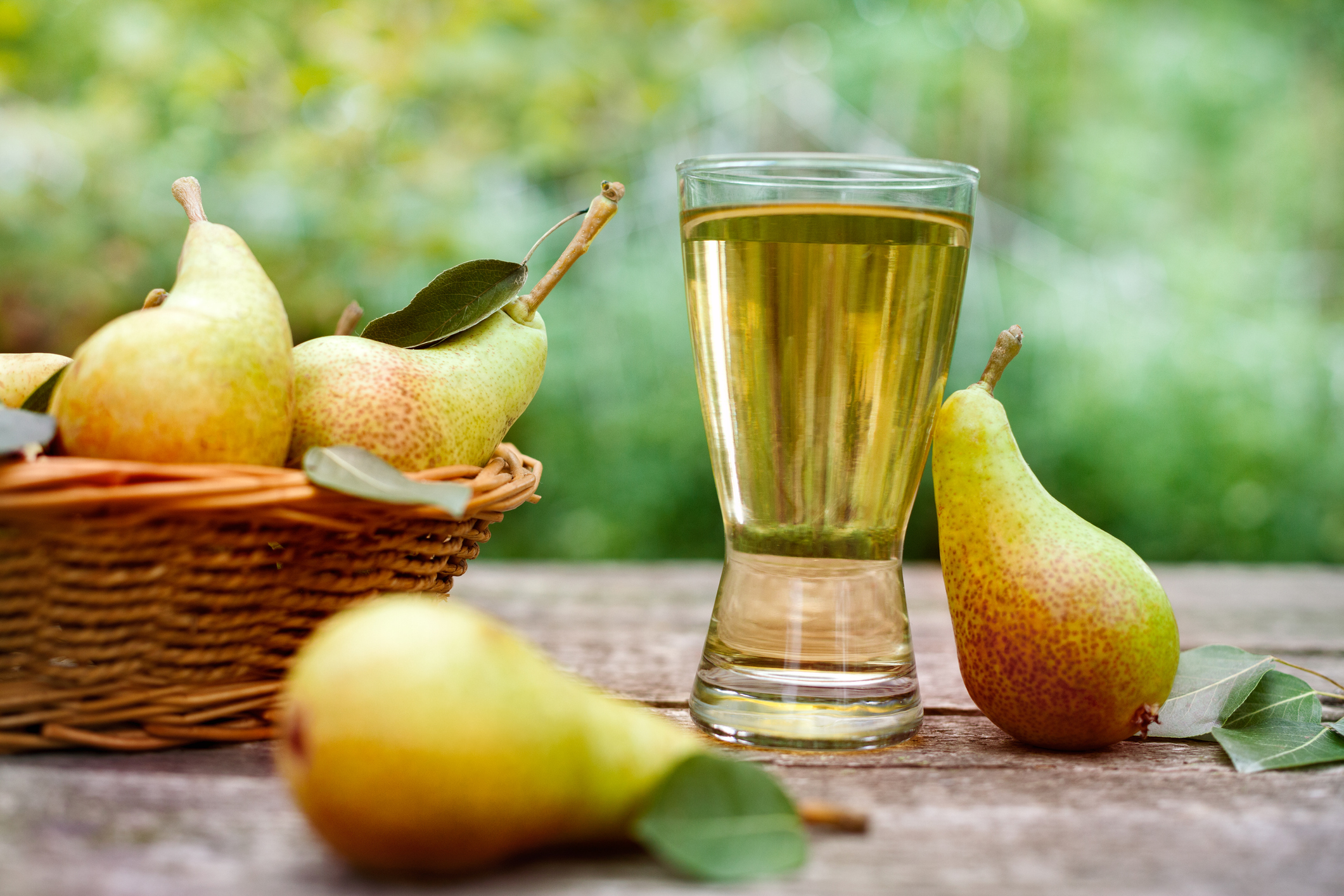 Perry: The pear cider dubbed 'the English champagne' that's been an English passion for centuries
Perry: The pear cider dubbed 'the English champagne' that's been an English passion for centuriesNot to be confused with cider, the art of perry-making is more than a craft — it’s an English passion. Ben Lerwill meets some of our best producers of fermented pear juice.
By Ben Lerwill
-
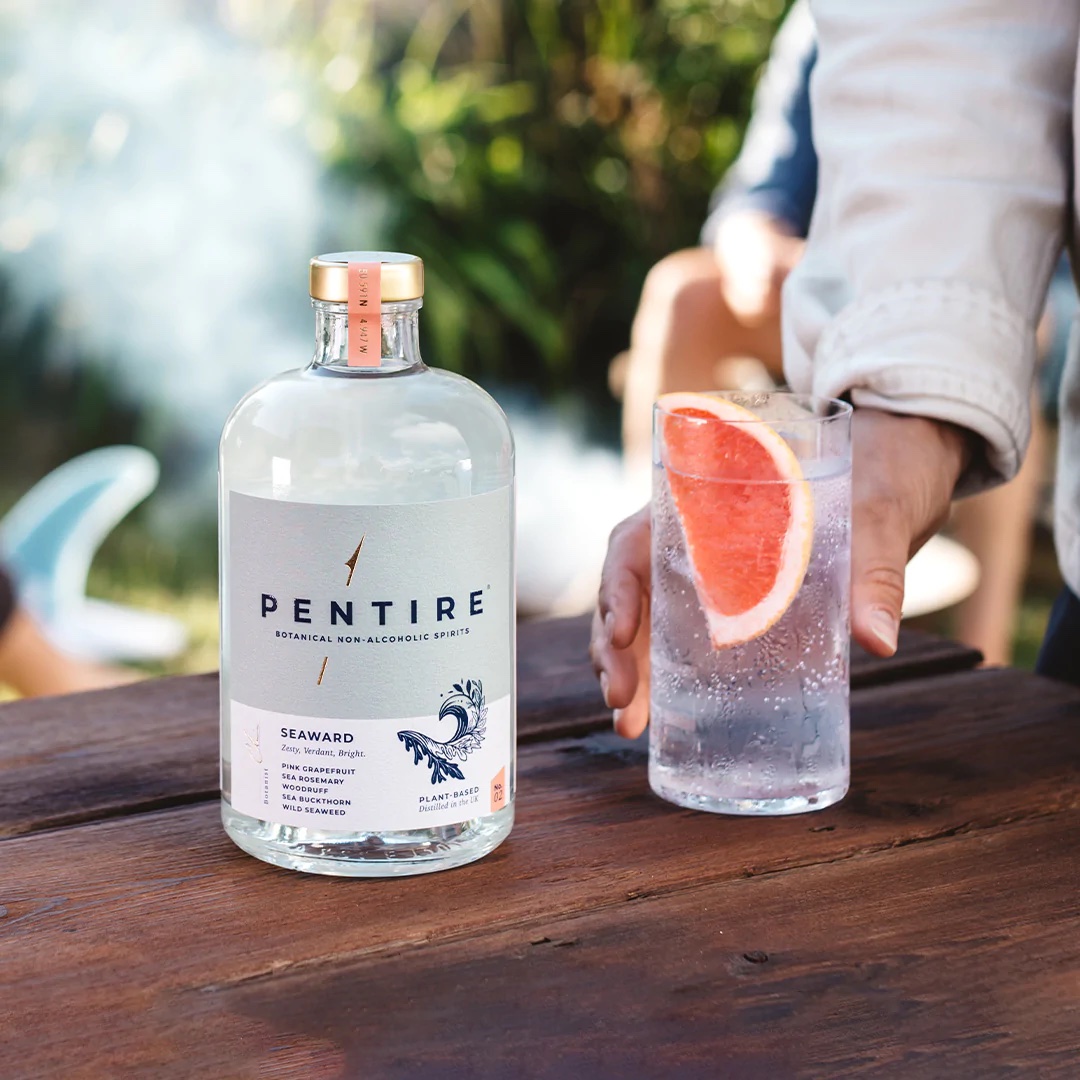 Seven of the best non-alcoholic spirits to help get you through Dry January
Seven of the best non-alcoholic spirits to help get you through Dry JanuaryWhether you’re doing it for health reasons or simply for a New Year’s challenge, giving up alcohol isn’t necessarily all that easy. To help you on your way, the Country Life office put a variety of non-alcoholic spirits to the test. Here’s what we found.
By Rosie Paterson
-
 Hangover cures from some of Britain's greatest writers
Hangover cures from some of Britain's greatest writersFrom Hemingway to Wodehouse, we reveal the hangover remedies of literary greats.
By Emma Hughes
-
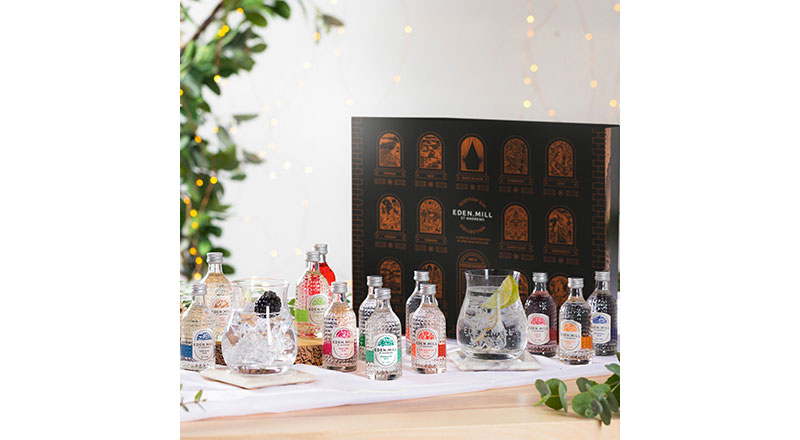 Christmas drinks gift guide: Best gin, best whisky, beer and more for the festive season
Christmas drinks gift guide: Best gin, best whisky, beer and more for the festive seasonWhether you're keen to pour your own draft beer, drink Cotswolds whisky or enjoy a raft of different gins, we've got you covered.
By Toby Keel
-
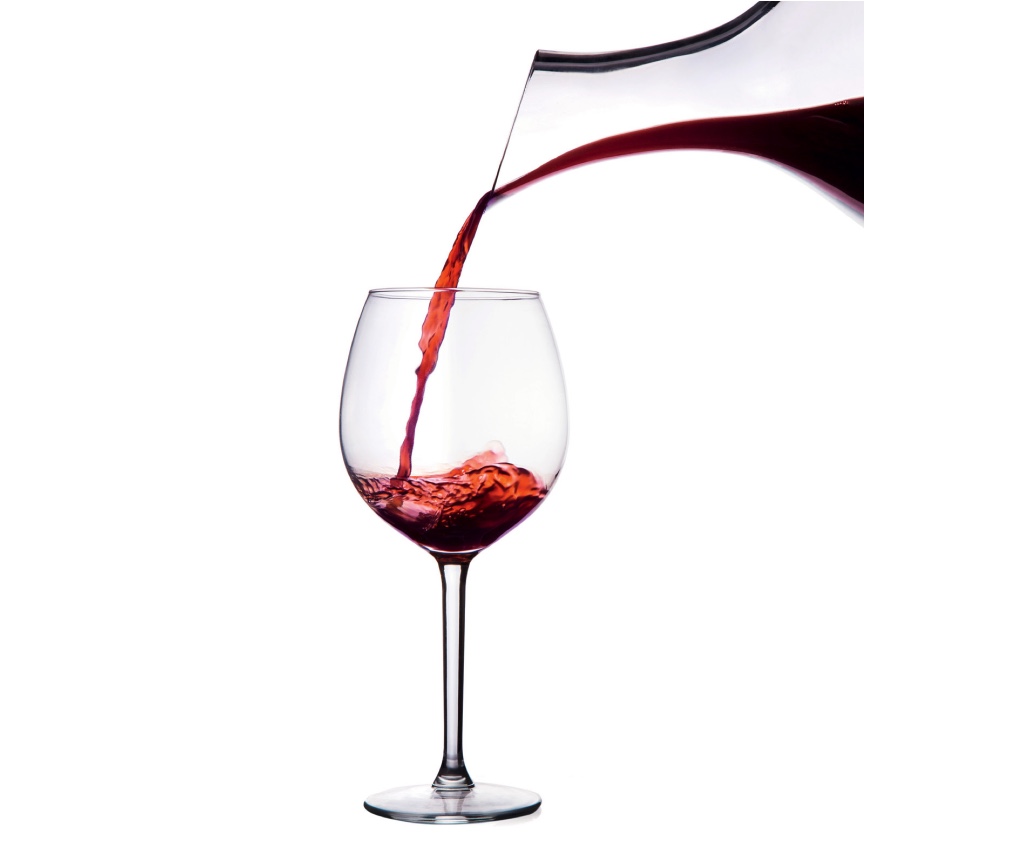 How to decant wine — and why
How to decant wine — and whyIs your decanter gathering dust at the back of a cupboard? If so, says Harry Eyres, it’s high time you started using it to breathe more life into your wine.
By Harry Eyres
-
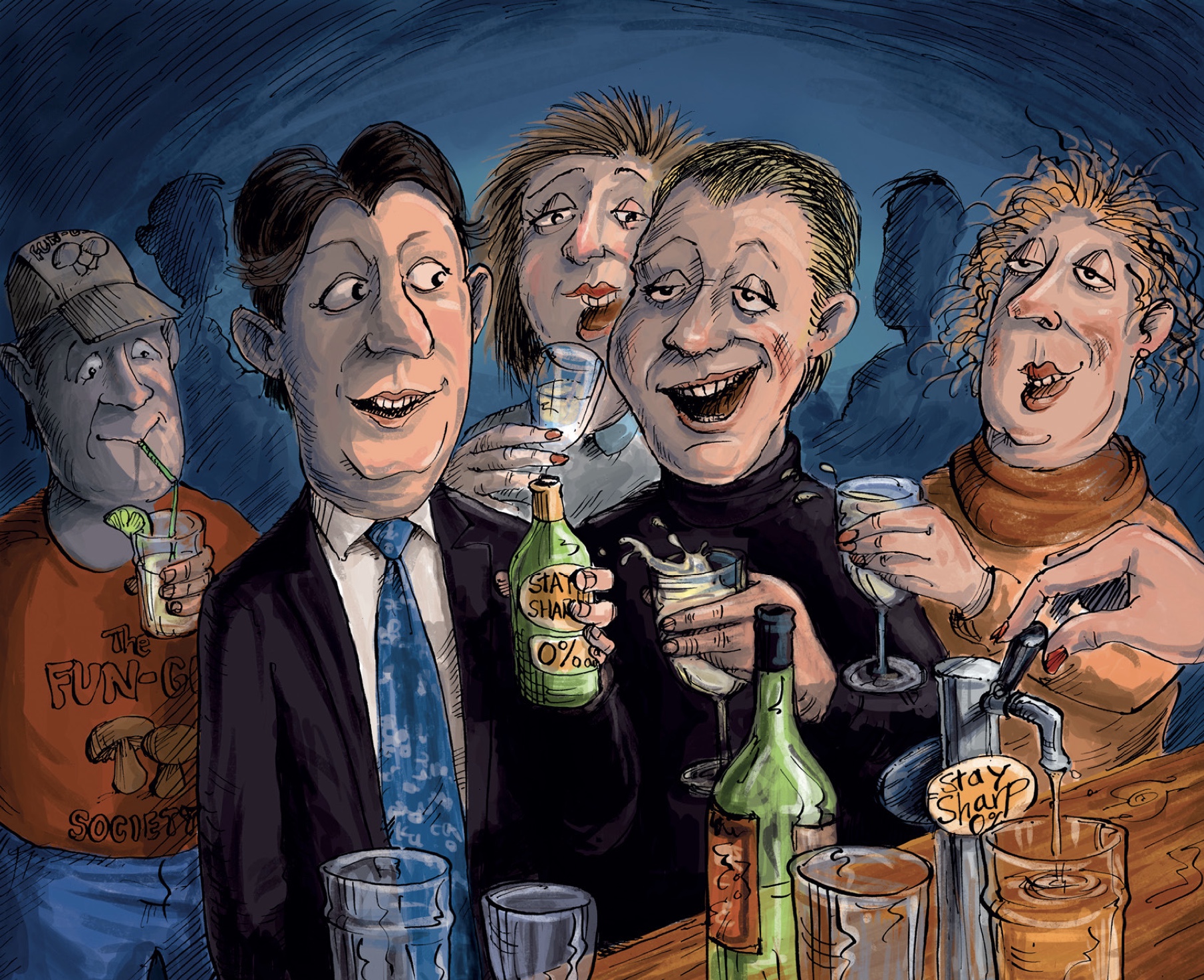 Curious Questions: What is it REALLY like giving up alcohol for a lifelong lover of fine wine?
Curious Questions: What is it REALLY like giving up alcohol for a lifelong lover of fine wine?Sobriety is easier and more interesting than it used to be, finds Giles Kime, who has spent the past year exploring the unanticipated delights of alcohol-free beer.
By Giles Kime